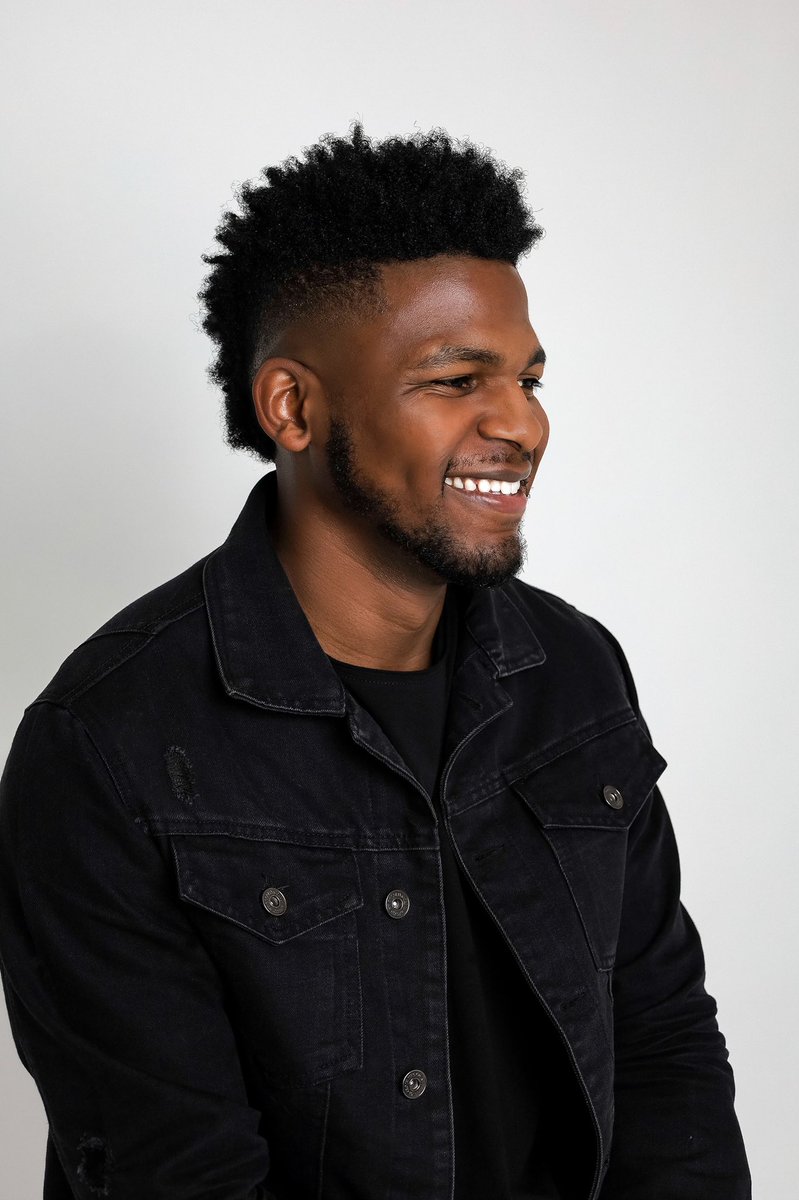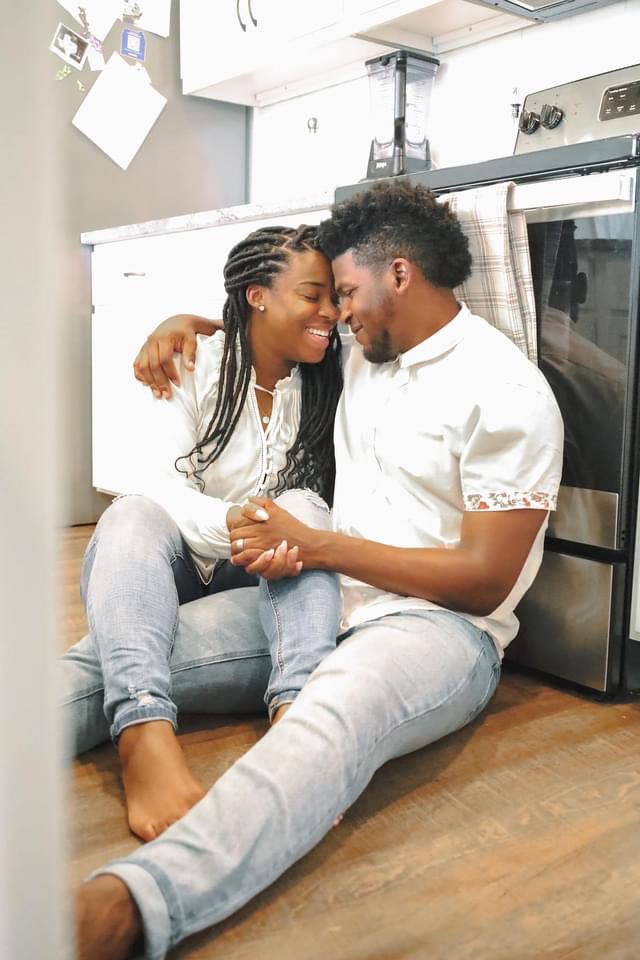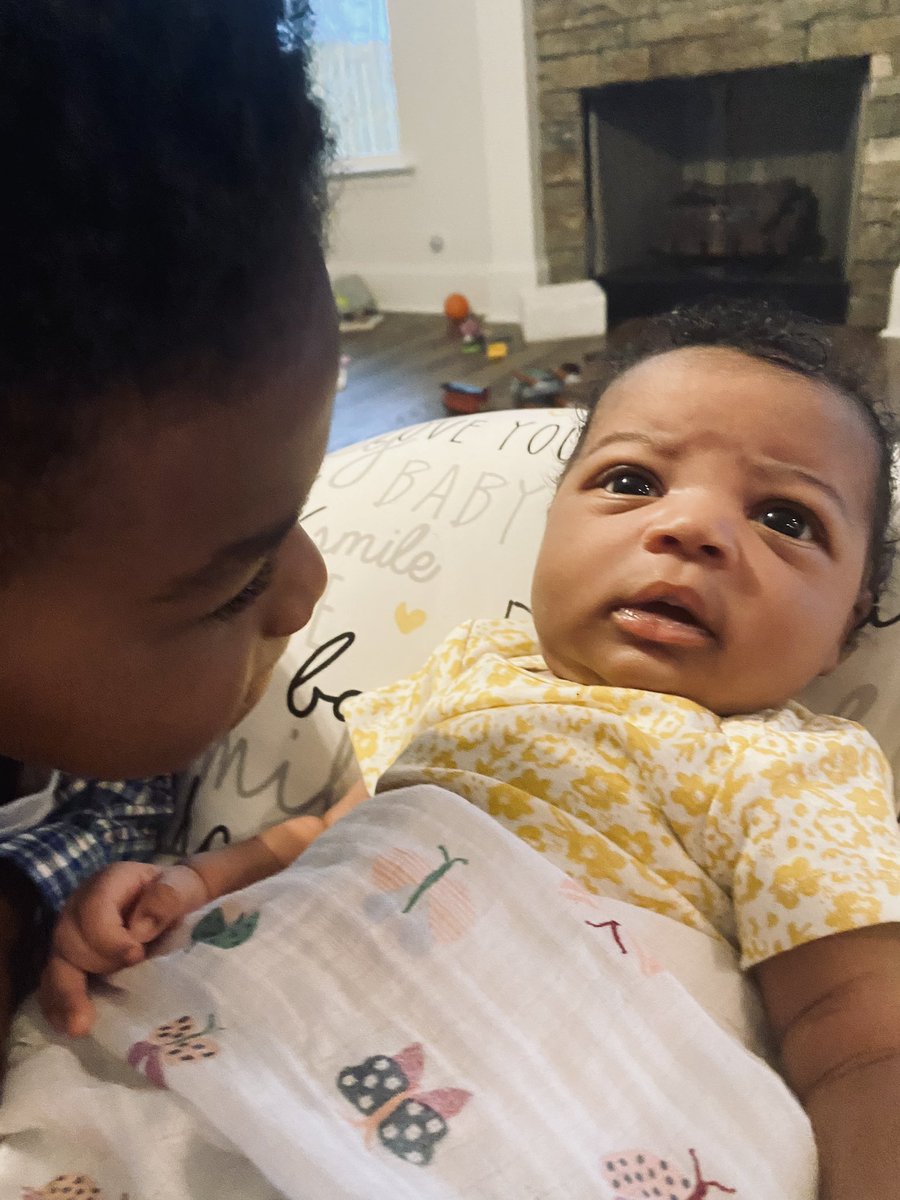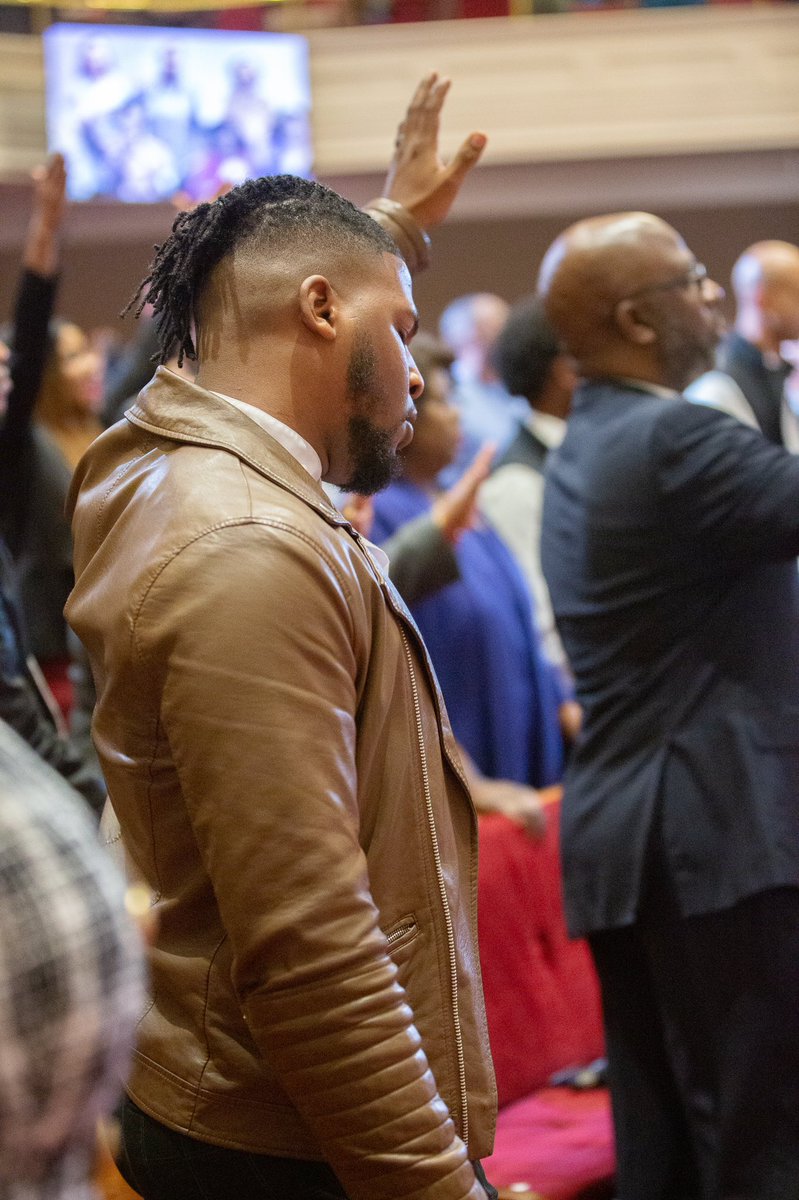
I am reading James Baldwin. When we were told to love everybody, I had thought that that meant every body,” he writes. “But no. It applied only to those who believed as we did.” I’m convinced, we would be better Christians if we practiced Baldwin’s theology of love. 

In reality, Baldwin’s theology of love is rooted in a deep faith that takes seriously the story of Jesus. Baldwin was a theologian in the truest sense of the word: he made divine possibilities intelligible and offering an alternative world of love, freedom, hope and joy.
His theology of love was so powerful because he knew, and in quite haunting ways, the way the Church could be unloving. He knew the ways white supremacy and hatred of Blackness was justified, denied, and evaded in the name of Jesus. He knew how hard it was to love oneself.
Baldwin was clear: you can’t say you love God and hate yourself and your neighbor. Too often Christians justified hatred in the name of the Bible, the Ballot, and the Bullet. Baldwin knew such a faith was could not save us, he knew such a faith could not heal us and liberate us.
In Baldwin’s mind, a theology of love is not using the gospel to rule over others, “for the planting of the flag.” It is to make us more loving. He is right: “If the concept of God has any validity or any use, it can only be to make us larger, freer, and more loving.”
If our conception of love and gospel and good news and Jesus cannot do this, he writes, “then it is time we got rid of Him.” It is time, and always time, as he would say, to accept and reciprocate the love of God. Then, and only then, will it be said: “they had been with Jesus.”
If you have a moment, read this excellent essay by Dr. Carol Wayne White on James Baldwin: Religion, Race, and the Love of Humanity.
jstor.org/stable/pdf/j.c…
jstor.org/stable/pdf/j.c…

• • •
Missing some Tweet in this thread? You can try to
force a refresh










